In a small school in Ghana, Richard Appiah Akoto, a dedicated teacher, faced a challenge many educators in under-resourced areas know too well: teaching technology without access to it. With no computers in his classroom, he didn’t let limitations stop him. Instead, he taught Microsoft Word by hand-drawing its entire interface on a chalkboard, capturing every toolbar, button, and menu with remarkable precision. His innovative approach wasn’t just a workaround—it was a testament to the power of determination and creativity in education.
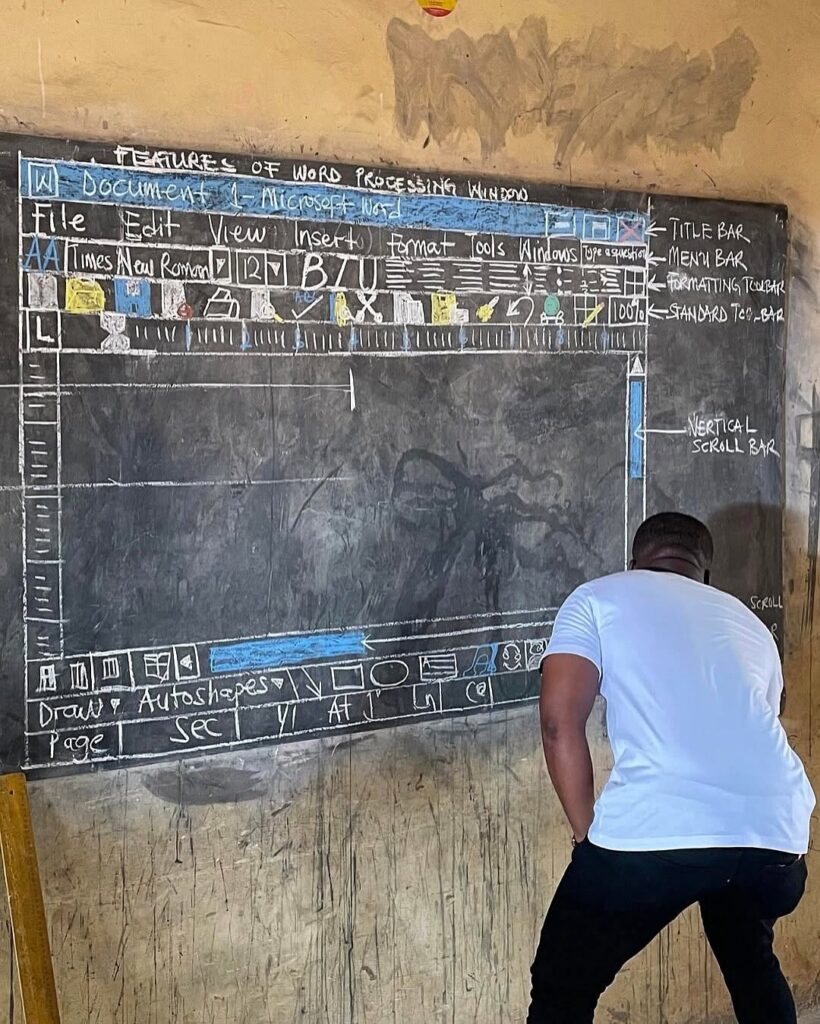
Akoto’s story began in 2018 when he shared images of his chalkboard lessons on social media. The post went viral, resonating with people worldwide who were moved by his commitment to his students. Teaching Microsoft Word without a computer wasn’t just about imparting software skills; it was about preparing his students for a digital world they had yet to experience. His drawings were so detailed that students could visualize the software’s layout, making the abstract tangible.
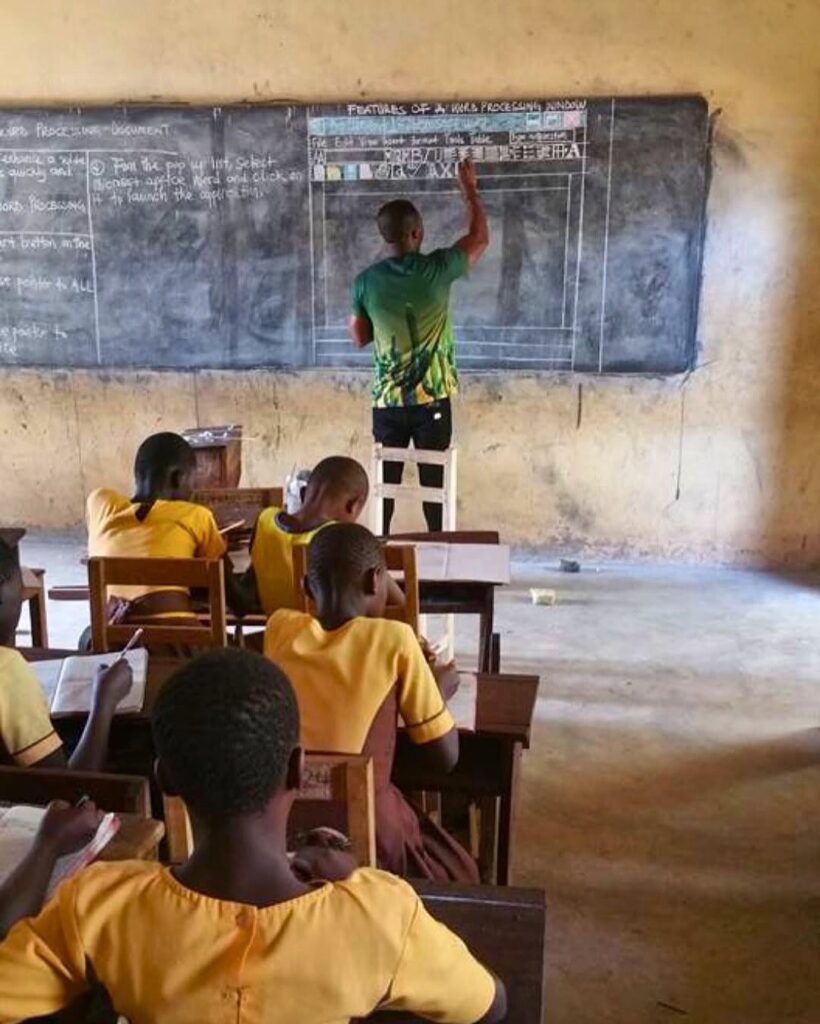
The global response was overwhelming. Microsoft, inspired by Akoto’s ingenuity, invited him to their Education Exchange event in Singapore—his first trip outside Ghana. The tech giant also pledged to equip his classroom with computers, software, and training, transforming his teaching environment. This wasn’t just a win for Akoto but a turning point for his students, many of whom had never used a computer before.
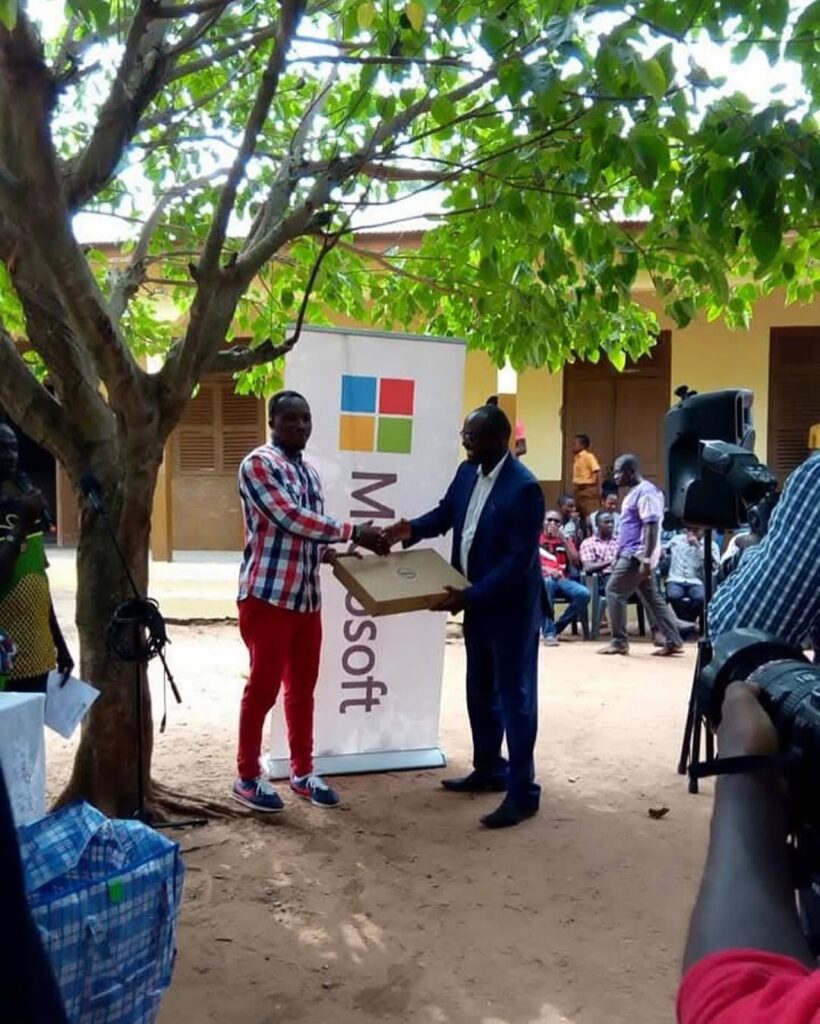
What makes this story one of the most inspirational teaching stories of our time? It’s Akoto’s refusal to let scarcity define his students’ future. In rural Ghana, where resources are limited, he bridged the gap between aspiration and reality. His story resonates deeply in places like India, where many schools face similar challenges. Teachers like Akoto remind us that education is not about tools alone but about the passion to teach and the will to learn.
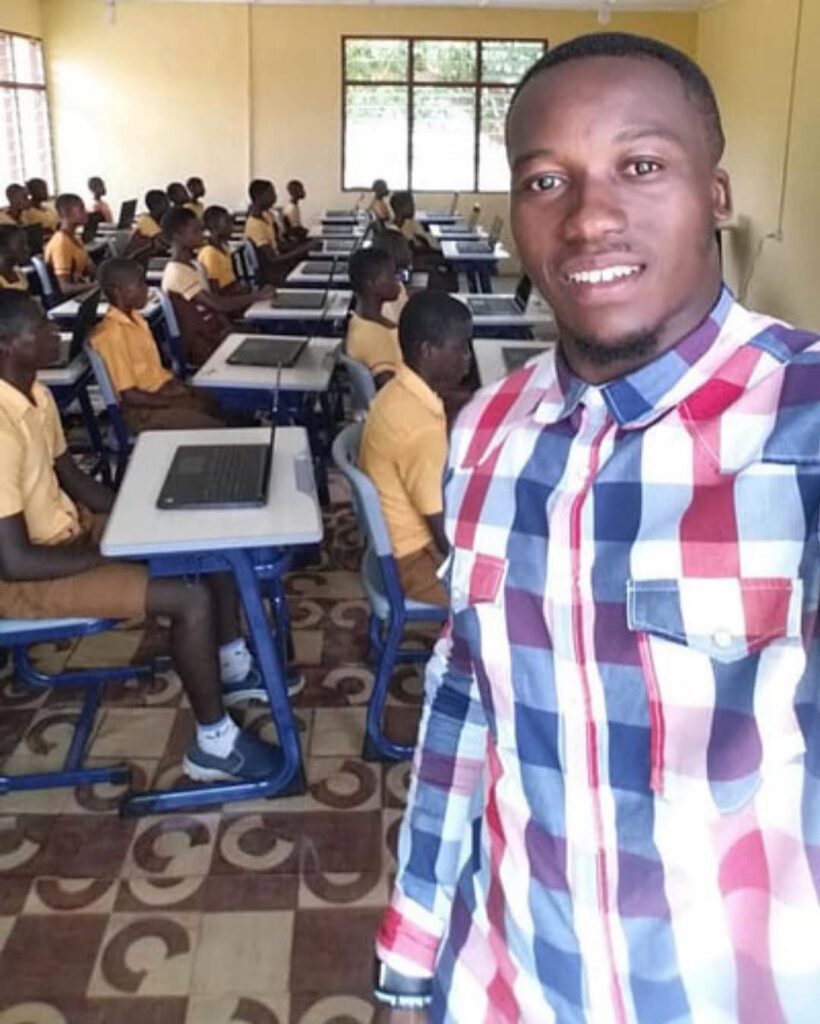
This tale also highlights the role of technology in education. While Akoto’s chalkboard method was ingenious, the eventual introduction of computers to his classroom opened new doors for his students. It’s a reminder that access to technology can amplify great teaching, but a great teacher can inspire even without it. Akoto’s story has sparked conversations about equitable education, encouraging governments and organizations to invest in schools lacking basic infrastructure.
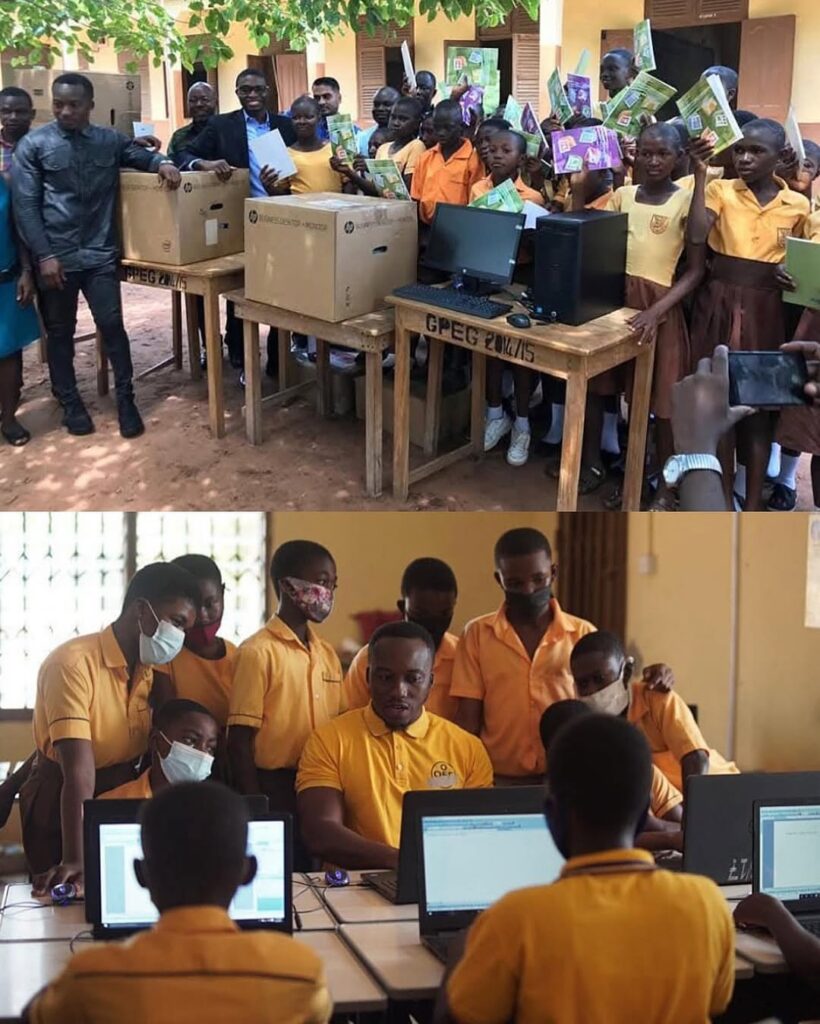
For educators, Akoto’s approach offers practical lessons. Creativity can overcome resource constraints—whether it’s using visual aids, storytelling, or hands-on activities to teach complex concepts. His story also underscores the power of social media in amplifying grassroots efforts. A single post changed Akoto’s classroom and brought global attention to the digital divide in education.
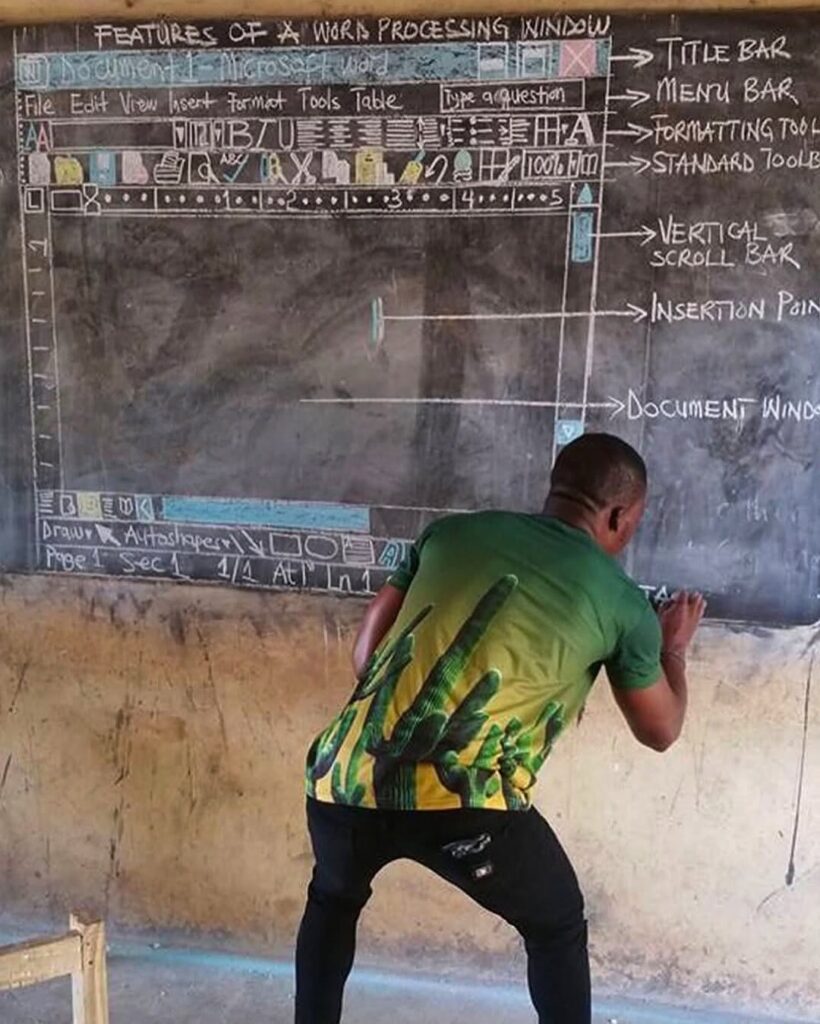
As we reflect on inspirational teaching stories like Akoto’s, we’re reminded that education is a universal right, not a privilege. His work challenges us to think about how we can support teachers and students in underserved areas. Whether through donations, advocacy, or sharing stories like this, we can all contribute to a world where every child has the tools to succeed.
Akoto’s journey from a chalkboard in Ghana to a global stage is a beacon of hope. It shows that one teacher’s dedication can spark change far beyond their classroom. Let’s celebrate and share these inspirational teaching stories to inspire more educators and students to dream big, no matter the odds.

